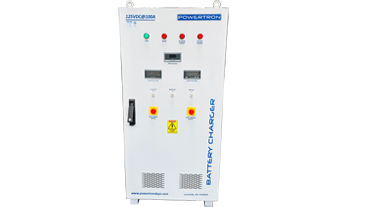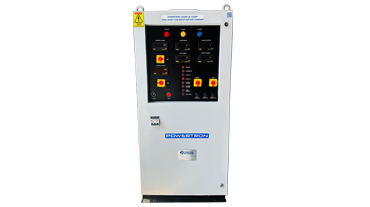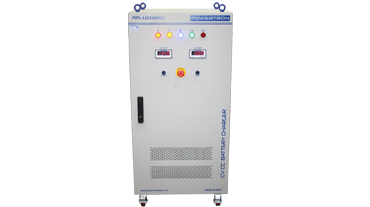Float Charger:
Provides a continuous, low-level charge to keep a battery fully charged without overcharging.
Application: Ideal for batteries that remain connected to a system or vehicle for long periods, such as backup power systems.
Automotive Battery Charger:
Charges automotive batteries, often with features like jump-start capability.
Application: Used for charging car, truck, or motorcycle batteries.
Wireless Charger:
Charges devices without the need for physical cables by using electromagnetic fields.
Application: Commonly used for smartphones and other wireless-charging-enabled devices
Lithium-Ion Battery Charger:
Designed to charge lithium-ion batteries commonly used in smartphones, laptops, cameras, and other portable electronic devices.
Features: Typically includes a circuit to prevent overcharging and optimize charging for lithium-ion battery characteristics.
Solar Battery Charger:
Uses solar panels to harness sunlight and convert it into electrical energy to charge batteries, providing a sustainable and eco-friendly power source.
Application: Ideal for remote locations, camping, hiking, and situations where access to a power grid is limited.
Car Battery Charger:
Charges automotive batteries, often equipped with features such as jump-start capabilities and variable charging rates.
Application: Used to recharge car, truck, or motorcycle batteries.
Lead-Acid Battery Charger:
Designed for charging lead-acid batteries commonly found in vehicles, motorcycles, and backup power systems.
Features: May include features like float charging to maintain the battery at full capacity without overcharging.
Automatic Battery Charger:
Monitors the battery's condition and adjusts the charging process automatically to prevent overcharging or undercharging.
Application: Versatile and commonly used for various types of batteries, providing convenience and safety.
Inverter Battery Charger:
Part of an inverter system, charges batteries used in off-grid solar power systems or as backup power sources.
Features: Often includes multiple charging modes and advanced monitoring to optimize battery health.
These types of battery chargers cater to specific needs and battery chemistries. It's crucial to choose the right type of charger for your specific battery type to ensure safe and efficient charging. Always follow the manufacturer's guidelines and recommendations for charging your particular battery to prevent damage and extend its lifespan.
In conclusion our battery charger is a device that replenishes the energy in rechargeable batteries, and its design and features depend on the type of battery it is intended to charge and the specific application it serves.






